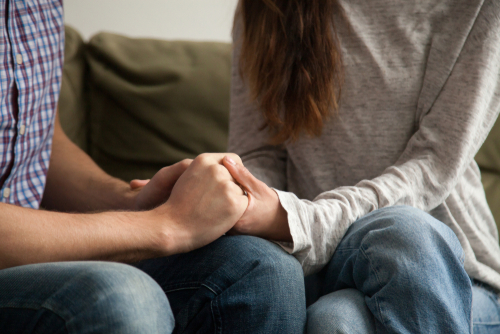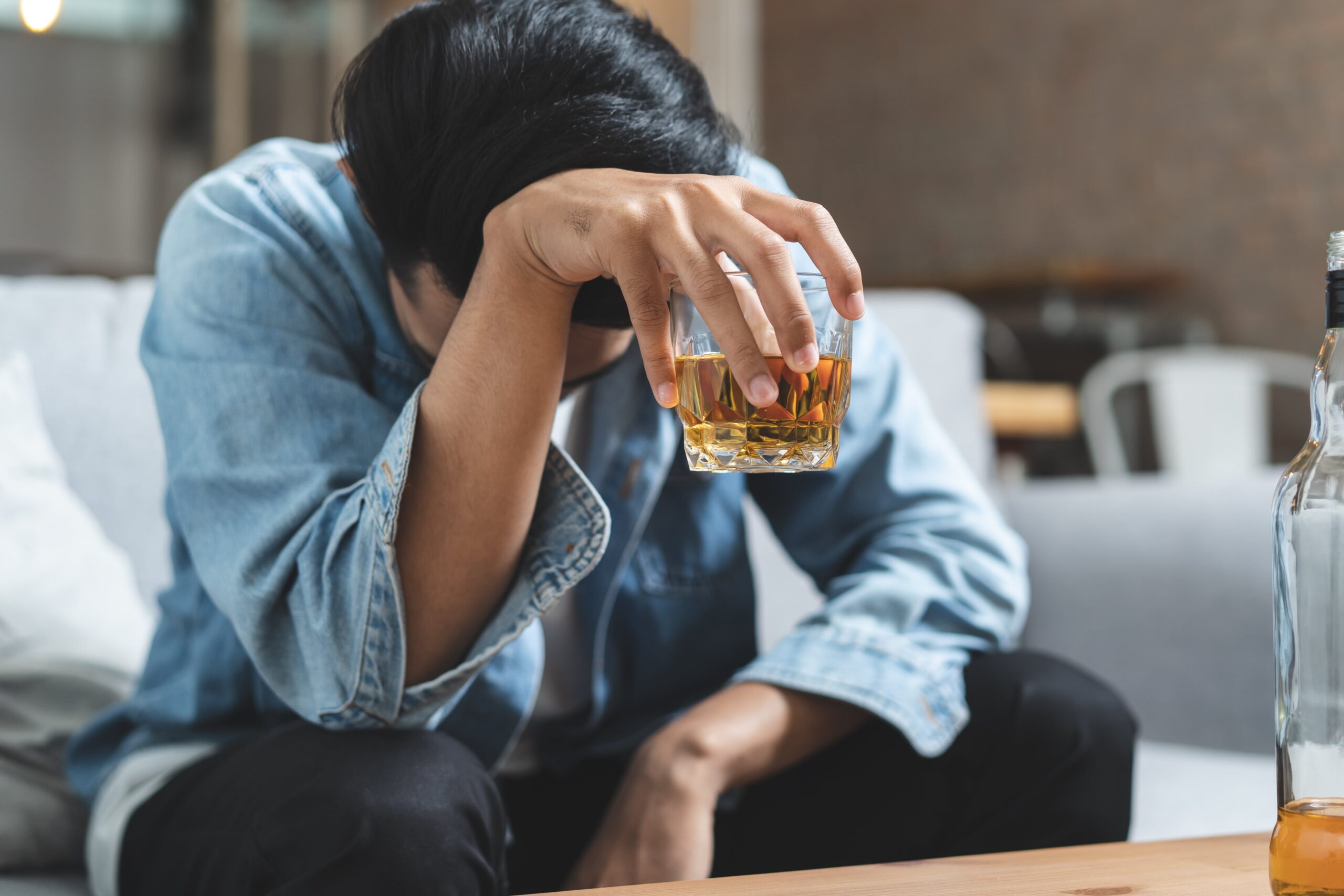Marriage counseling is a type of psychotherapy that is used to help couples improve their relationship. Marriage counseling provides a couple with an emotionally safe environment to make thoughtful decisions surrounding the status of the relationship, whether or not both parties authentically wish to work towards rebuilding and strengthening the relationship or work towards separating amicably. Through marriage counseling, a mental health clinician works to help couples recognize and resolve conflicts by teaching and facilitating healthy methods of communication and conflict resolution tactics, whether they opt to remain together or not. The saying “you get out of it what you put into it” can be applied to many areas and situations encountered in one’s life, including marriage counseling.
The Format
A licensed marriage and family therapist typically facilitates marriage counseling sessions. A commonly held credential for mental health clinicians that offer marriage counseling services is obtained through the American Association for Marriage and Family Therapy (AAMFT). While one partner may decide to work with a therapist separately, marriage counseling is usually conducted with both partners present. The specific treatment plan and areas of focus will be wholly dependent upon the unique needs of the couple. Marriage counseling is generally a relatively short-term process lasting between twelve to twenty sessions, and in some cases longer. Most marriage counseling sessions last approximately fifty minutes long. The time between sessions will depend both on the availability of the mental health provider as well as the wants and needs of the couple.
What Specifically Can Marriage Counseling Help With?
The reasons why a couple decides to go to marriage counseling are wide-ranging. Psychology Today provide the following potential reasons why a couple may seek marriage counseling:
- Poor and/ or lack of communication
- Trust has been broken
- Feelings of unease in the relationship (i.e. being aware that something is wrong but being unable to pinpoint the issue)
- Diminished emotional intimacy
- Diminished sexual intimacy
- Conflicts regarding child rearing and/ or blended families
- Infidelity
- Consistently becoming dysfunctional during conflict (one or both members)
- Feeling stuck in unhealthy and/ or undesirable patterns
- Addressing and/ or sharing difficult to talk about information with the partner
- Processing situational circumstances that have devastated the relationship (i.e. loss of a child, prolonged unemployment, being diagnosed with a long-term illness, etc.)
Some couples attend marriage counseling as a means to gain better understanding of their partner. Aside from the above, there are many nuanced reasons why a couple may decide to go to marriage counseling.
What To Expect?
The work that occurs during marriage counseling sessions is guided by the needs of the couple. By nature of participating in marriage counseling both partners engage in shared emotional experiences via the therapy sessions, which can help to foster aligned relationship goals. The work that occurs during marriage counseling can be emotionally charged, elicit difficult to face feelings and seem arduously trying. However, the skills, tools and emotional awareness that can come from actively participating in marriage counseling can be both empowering and insightful. The American Association for Marriage and Family Therapy (AAMFT) reported the findings of a study that indicate, “of couples who try marriage counseling, 90% feel that their emotional health improves, and two-thirds report improvements in their physical health.” The reason behind why a couple elects to participate in marriage counseling will affect its outcome and success.



